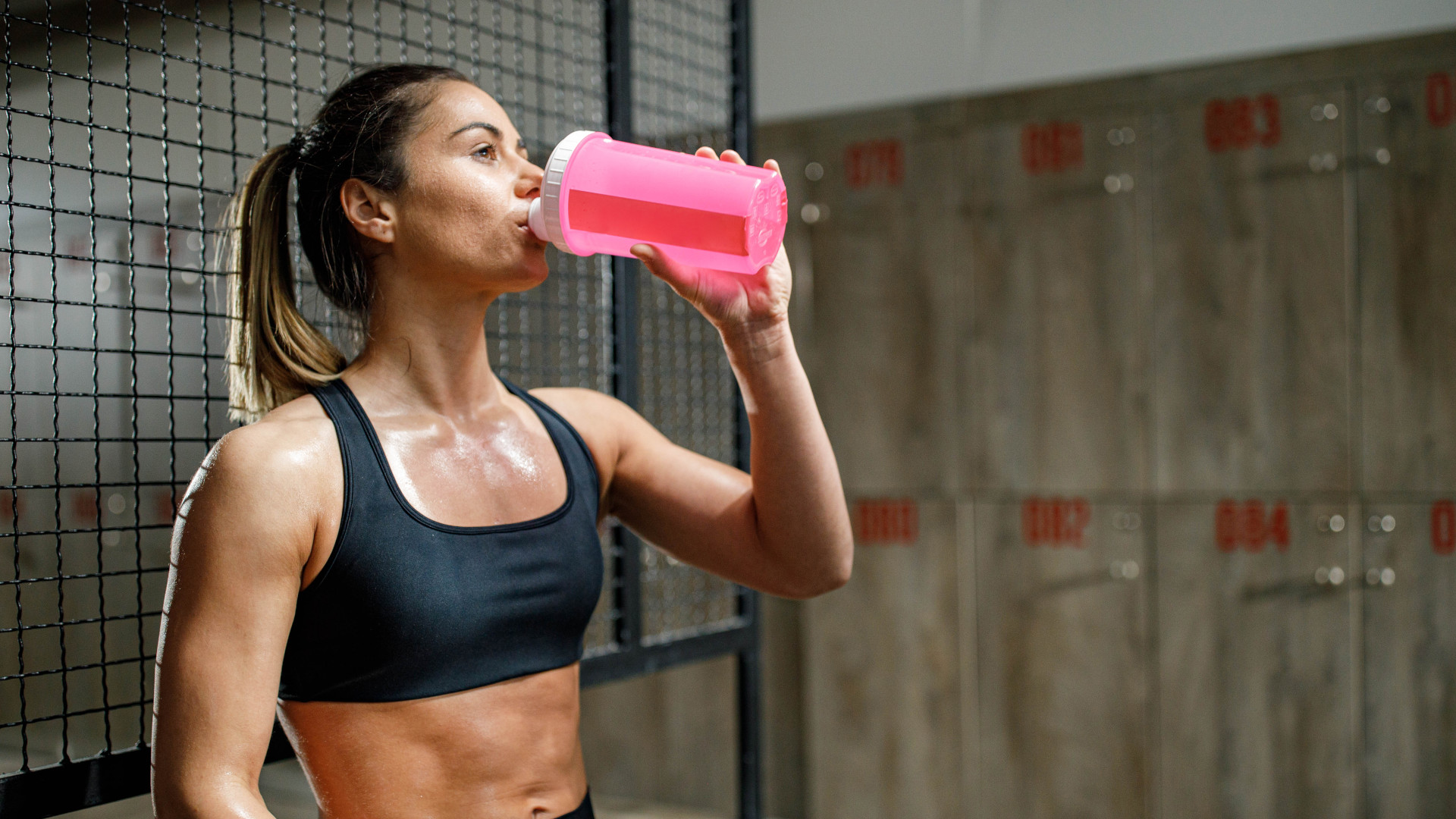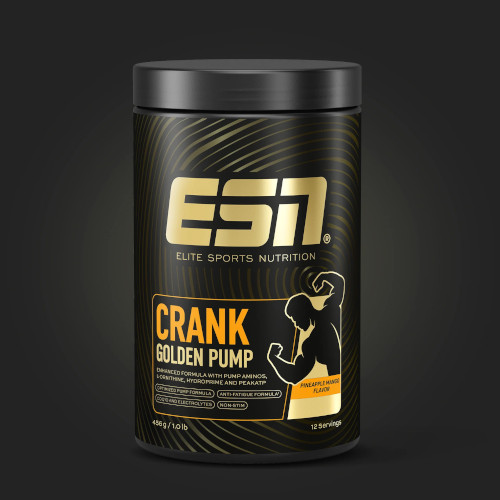What does pre-workout actually do?
A Sports Nutritionist Specialist explains


We can’t always rock up to every workout with 10/10 energy, and on those tougher days, reaching for a pre-workout can give you the extra boost you need to power through.
“Pre-workout supplements are specifically formulated products designed to boost energy, enhance mental focus, improve physical performance, and delay fatigue during training sessions,” says ESN’s Sports Nutrition Specialist and Chief Product Office, Nicolas Lother.
As the name suggests, these supplements are taken before you train so that you can then (try) give your workout 100% effort. According to Nicolas, they commonly include scientifically supported ingredients such as caffeine, citrulline, arginine, amino acids, plant extracts, vitamins, and minerals.
“These ingredients synergistically stimulate the body by increasing blood flow to muscles, improving nutrient delivery, enhancing muscular strength, endurance, and power, and ultimately allowing for greater workout intensity and performance.”
What pre-workout actually does to the body
Below, Nicolas breaks down exactly what ingredients are doing what to our body when we take a pre-workout supplement:
- Energy & alertness: Primarily through caffeine, L-Tyrosine or other herbal extracts. They can enhance alertness, reaction time, and motivation.
- Increased blood flow & ‘pump’: Citrulline and arginine elevate nitric oxide levels, and plant extracts enhance blood flow and nutrient delivery to muscles, resulting in better pumps.
- Strength & power: Ingredients like PeakATP and creatine replenish ATP (energy currency for cells), improving strength and short-term performance.
- Muscle performance & hydration: Electrolytes like Sodium, Potassium, Calcium and Magnesium help improve muscular functioning and increase the overall hydration status, delaying fatigue and allowing for greater training intensity.
Is pre-workout bad for you?

When formulated scientifically and used responsibly, pre-workout supplements are generally safe for healthy individuals. However, it’s the caffeine content that most people need to be wary of.
“While beneficial for boosting energy, focus, and exercise performance, caffeine must be consumed responsibly,” says Nicolas. “Excessive intake can lead to adverse effects like jitteriness, rapid heartbeat, or disrupted sleep.”
Get all the latest news, reviews, deals and buying guides on gorgeous tech, home and active products from the T3 experts
The Food and Drugs Administration suggests no more than 400mg of caffeine a day for healthy adults (that's around four to five cups of coffee). Therefore, when consuming your pre-workout, sticking to the recommended intake guarantees you'll experience the full benefits safely and effectively.
Speaking of sleep, the Sleep Foundation says the general recommendation is to cut off caffeine 6-8 hours before bedtime. However, if you are a night owl who trains in the evening or super late, you may prefer to opt for a non-stimulant pre-workout.
“These don’t contain stimulants and specifically focus on increasing blood flow, helping to maintain energy and focus, reducing fatigue, and increasing recovery and hydration aspects," says Nicolas. "ESN’s Crank Pump Pro is especially developed for taking anytime during the day."
Who should avoid pre-workout

Nicolas says that there are certain people who should avoid stim pre-workout supplements, or exercise caution, including:
- Individuals with cardiovascular diseases or high blood pressure
- Pregnant or breastfeeding women
- Adolescents (under 18), due to ongoing physiological development and increased sensitivity
- Individuals sensitive to caffeine or stimulants
- People with anxiety disorders, panic attacks, or other mental health conditions that can be aggravated by stimulant use (caffeine)
“If you fall into these categories or have concerns, it's always advisable to consult with a healthcare provider before starting supplementation.”
Can I just smash a coffee instead?
Technically, yes you could. For many, a cup of coffee can enhance energy and deliver enough of a mental boost that will help them smash their workout. However, what coffee doesn't contain is the other beneficial ingredients found in pre-workout supplements, such as citrulline, arginine, different plant extracts, specific amino acids, or vitamins/minerals.
"These additional ingredients enhance aspects like muscular endurance, strength, anti-fatigue, and muscle pumps beyond what caffeine alone can provide," explains Nicolas. "It's therefore useful for simple energy and alertness improvements, but a specialised pre-workout supplement generally provides a more comprehensive approach, supporting multiple physiological pathways and maximizing workout performance."

Bryony’s T3’s official ‘gym-bunny’ and Active Staff Writer, covering all things fitness. She is a certified personal trainer and also a part-time fitness instructor. In her spare time, you will find her in her natural habitat - the gym - where her style of training is a hybrid of bodybuilding and powerlifting. Bryony loves writing about accessible workouts, nutrition and testing innovative fitness products that help you reach your fitness goals and take your training to the next level.
You must confirm your public display name before commenting
Please logout and then login again, you will then be prompted to enter your display name.
